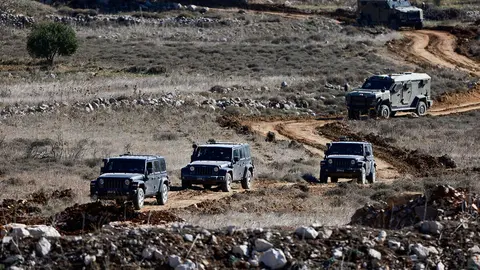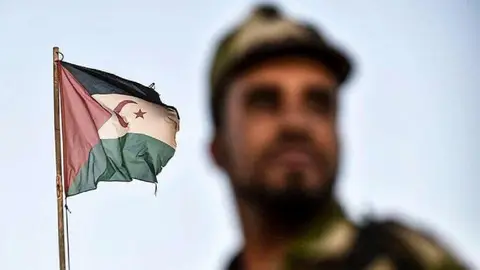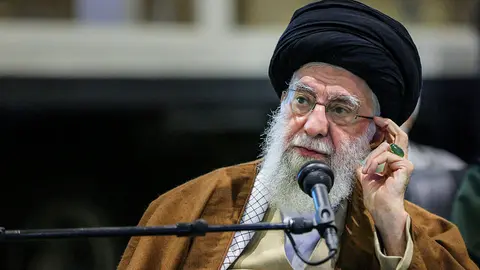Iran seeks to maintain its influence in Syria after Al-Assad's ouster
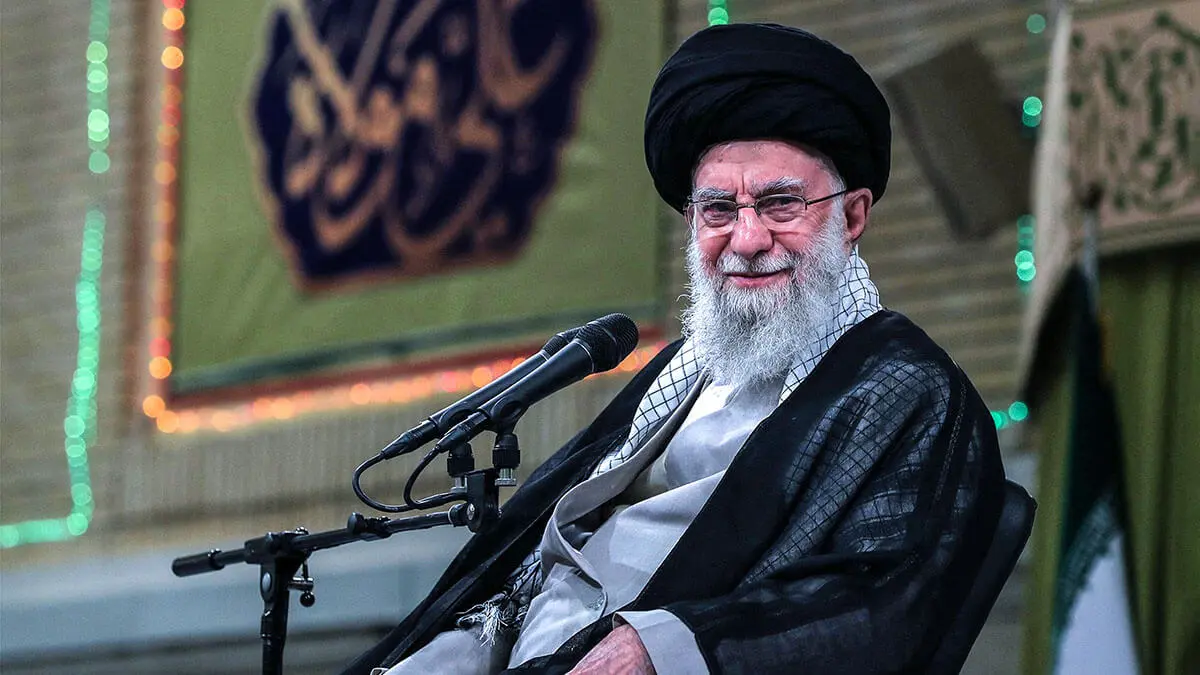
The Supreme Leader of the Islamic Republic of Iran, Ali Khamenei, has again avoided pointing to the role of Turkey and Qatar in the fall of Bashar Al-Assad's regime in Syria, blaming Israel and the United States instead.
Khamenei, whose country was one of al-Assad's main allies, said that what happened in Syria ‘is the product of a joint US-Zionist plan’. At the beginning of the rebel offensive that ended up toppling the Syrian regime, the Iranian leader had already spoken of a ‘Zionist conspiracy’ without pointing out that many of the rebel groups leading it were funded and backed by Turkey.
In his latest statement, Khamenei did indicate that ‘a neighbouring country played and continues to play a clear role in the events’ taking place in Syria, referring to Turkey.
‘Everyone who attacks Syria has an objective. Some of them aspire to occupy land in northern or southern Syria, and the United States seeks to establish its presence in the Middle East,’ Khamenei said. While the US has attacked Daesh targets and Israel's conventional and chemical arsenal of the former regime, Turkey - through its militias in Syria - has launched an offensive in northern Syria against Kurdish groups under the Washington-backed Syrian Democratic Forces (SDF).
Ankara, through this offensive, seeks to seize territory from the Kurds and continue to expand Turkey's occupation of northern Syria. ‘Pro-Turkish factions seized large districts of the city of Manbij in rural eastern Aleppo after violent clashes with the Manbij Military Council (linked to the SDF)’, according to the Syrian Observatory for Human Rights.
El ejército turco ataca la ciudad de #Kobane y sus pueblos en #rojava pic.twitter.com/9uys3TdTku
— Amina Hussein (@aminahekmet) December 10, 2024
Khamenei's avoidance of direct reference to Turkey's role in toppling al-Assad reflects the weakness of Iran, which seems reluctant to confront Ankara for fear of repercussions for its influence in the region. Turkey, by directly controlling what happens in Syria through its militias, becomes a key actor capable of hindering Iran's access and weapons to Hezbollah in Lebanon. With Al-Assad in Damascus, Syria was the main channel used by the Iranian regime to send weapons to the Lebanese armed group.
Qatar, for its part, has also worked closely with Turkey to promote the fall of al-Assad. During the Syrian civil war, Doha has mainly supported anti-regime groups by providing financial, diplomatic and, in some cases, military support. However, Qatar's backing of opposition groups has caused controversy, as some of the militias have had links to more radical and Islamist factions.
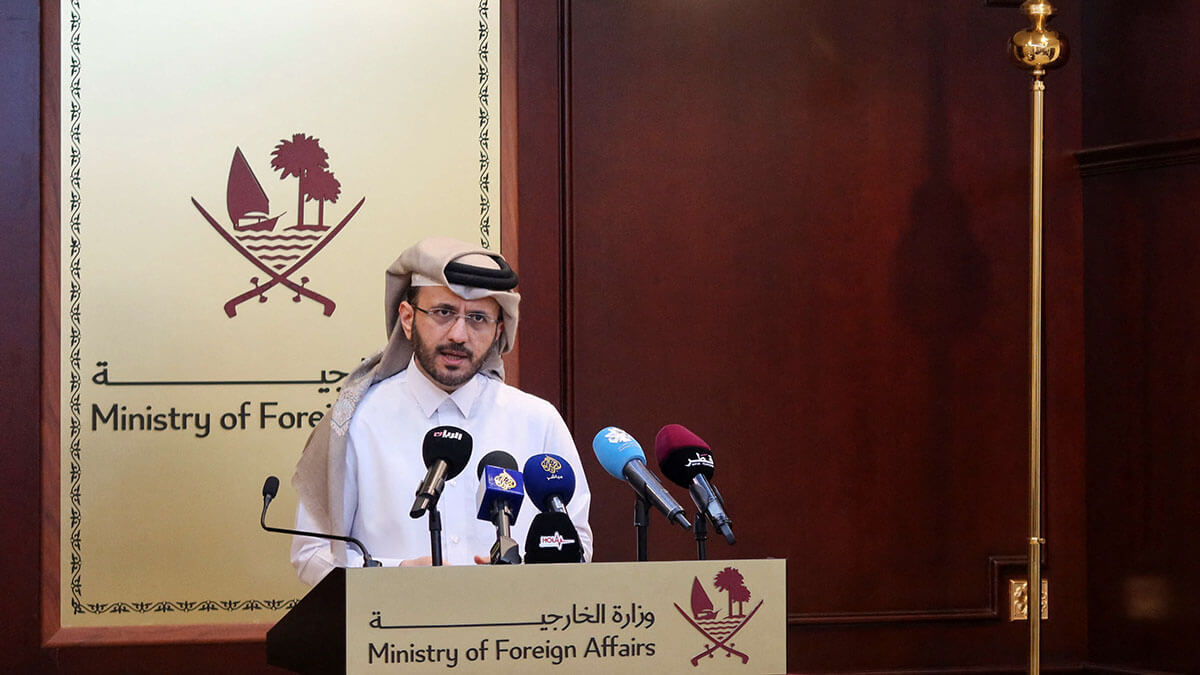
Iranian authorities also avoid accusing Qatar and Turkey in order to avoid regional isolation. Tehran has managed to establish a close diplomatic and security partnership with Qatar. Moreover, Doha-affiliated media, especially Al Jazeera, have played a key role in backing and promoting the agenda of Iran and the so-called ‘Axis of Resistance’ in its war against Israel.
Iran cannot afford to lose Syria
The Iranian regime and its regional militias are at a moment of weakness. The fall of al-Assad represents the latest major blow to Tehran after the defeats of Hamas and Hezbollah in Gaza and Lebanon respectively.
The seizure of part of Syria by the Hay'at Tahrir al-Sham (HTS) group and its allies represents a significant problem for Tehran, as it cuts off the land corridor connecting Iran to Lebanon. This makes it difficult to send weapons and fighters into the cedar country to support Hizbollah and hinders Iran's efforts to strengthen and rebuild the Shi'a militia's capabilities after its war with Israel.
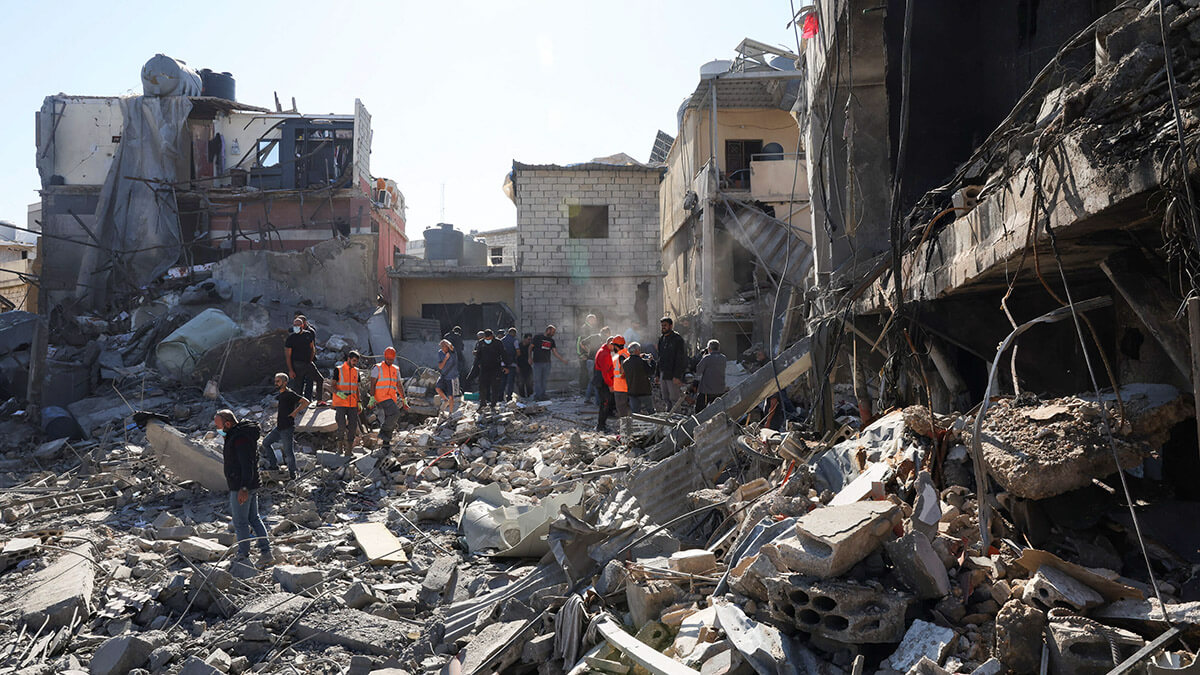
Tehran is unwilling to further lose influence and power in the region and has already established a direct line of communication with the rebels' new leadership in a bid to “prevent a hostile trajectory” between the countries, a senior Iranian official told Reuters.
Hours after the fall of al-Assad, Iran expressed its desire to maintain relations with Damascus based on the two countries' “prudent and far-sighted approach”. Through this strategy, Tehran seeks to find ways to work with the new Syrian leadership to avoid its regional isolation and to continue to maintain some influence in the country. ‘Iran's main concern is whether al-Assad's successor will push Syria away from Tehran's orbit,’ another Iranian official told the news agency.
However, it will be difficult for Iran to curry favour with the groups that control Damascus. HTS leader Abu Mohammed Al-Jolani has repeatedly criticised Iran's meddling in Syria. Indeed, in his recent speech from the Umayyad Mosque in Damascus, Al-Jolani criticised ‘Iranian ambitions’ in Syria as ‘spreading sectarianism and fostering corruption’.

